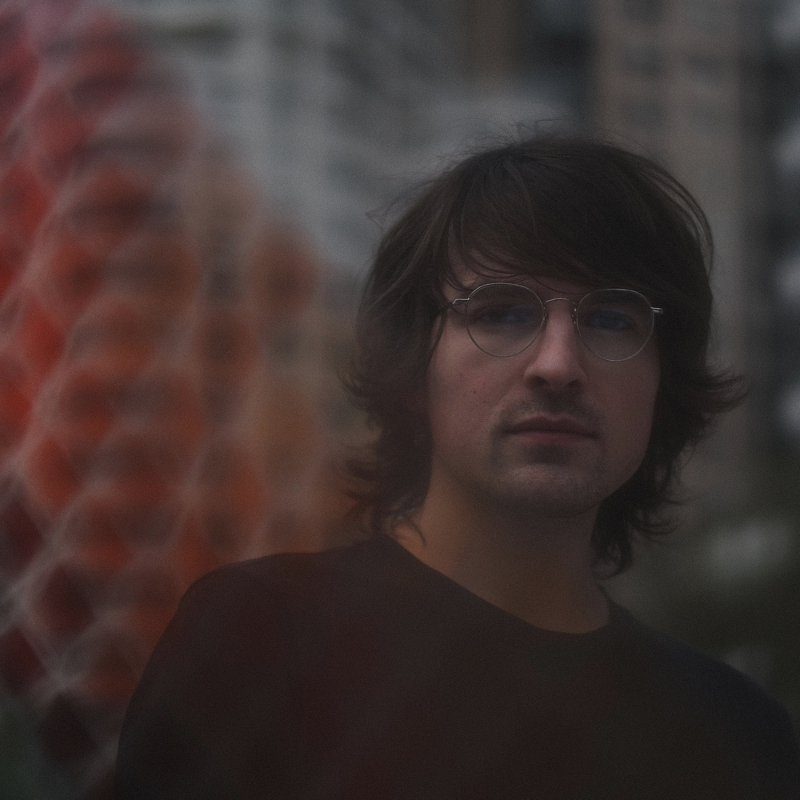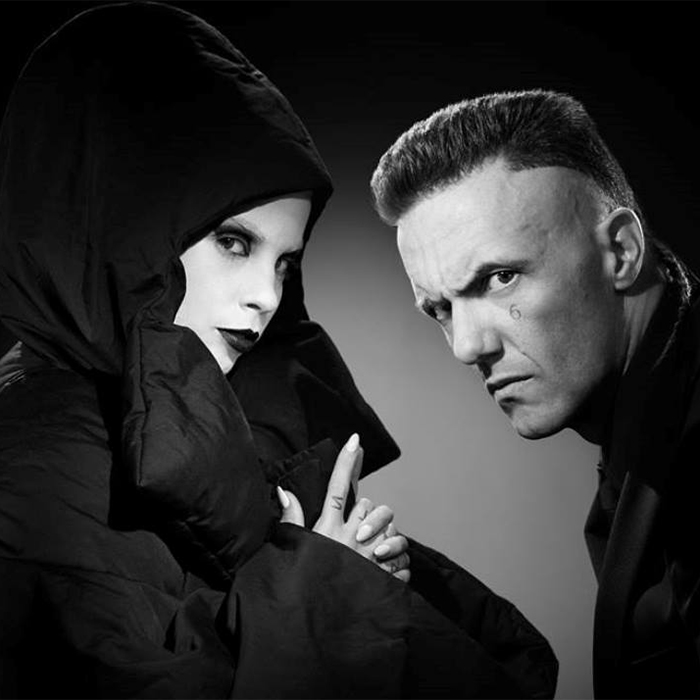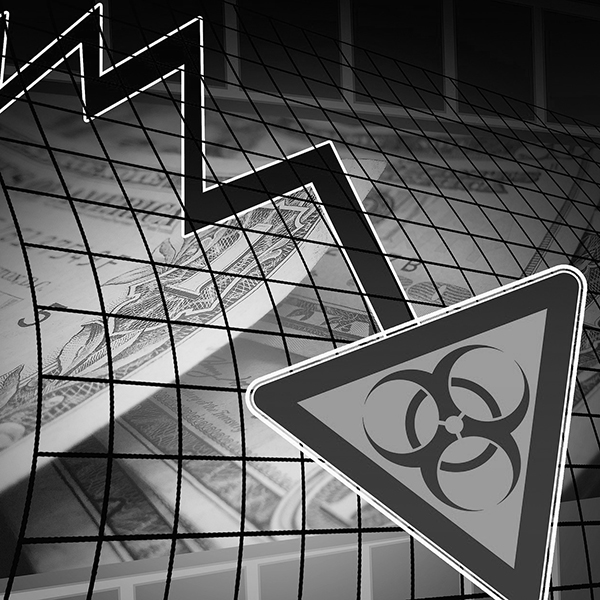Q+A: 5 minutes with Luminist
Luminist is an Australian video game soundtrack composer with a self-earned pedigree: he has gone from producing analog remakes of the soundtrack of the ‘86 video game Metroid, which caught the attention of tastemaker publication GameSpot, a recognised name in the gaming space, to scoring the soundtrack for the Wildboy Studios’ game Atone: Heart of the Elder Tree, which won him a New Zealand Game Award for Excellence in Audio.
Stream / Buy: Atone: Heart of the Elder Tree (Original Soundtrack)
Keeping to a retro feel, the composition is a hybrid blend of 16-bit Chiptune, Synthwave, and other modern music genres. He has created music that captures different textures to set the appropriate mood and immerse players in the game. With the official debut of the soundtrack album, we interviewed the Infinite Hex signee.
Set the tone for us. Why the arts?
I grew up with music at the forefront. It’s part of who I am now – for better or worse! Honestly, I can’t imagine what life would be like without it.
Which comes first when you’re producing – the sound or the idea?
Almost always the sound. I use sound as a jumping-off point for creating an idea most of the time, as it feels more immediate to me than, for example, coming up with a melody using a piano, and then transferring that to a synthesizer sound later. When starting a new track, I’ll explore sounds that speak to me and evoke a mood, and eventually, my hands will do something and music comes out.
For melodies I always approach things from the mindset of a singer – no matter what instrument it ends up as I’m always thinking “can I sing along to this?”
What’s on your current playlist?
What techniques do you experiment with to get your original sound?
Lately, I’ve been experimenting with recording synths through my hi-fi system at home, with a microphone up to the speaker. This gives some sounds a very intriguing and lively quality – it world-izes the sound by physically moving air and capturing the vibration in a room, rather than recording direct (which can sound lovely and clean, but generally takes a bit of processing to sound more interesting).
Take us through a day in the recording studio.
I like to listen to some new music in the morning over a coffee. It’s a good way to wake up feeling inspired and fresh. Depending on whether I have a project deadline or I’m doing some music for myself, the day can be really different after that:
Deadline days are pretty boring (as a fly on the wall at least), it’s just me sprinting out a piece of music with little time for experimentation – the first idea is the best idea. I learned to write fast from working in advertising, and it can be really fun to sit back at the end of a day like that and be surprised by what came out.
Slower days are more fun – I like experimenting with more time-consuming recording techniques like sending drum sounds into a mic’d-up guitar amp or using distortion pedals on an entire mix. Those sounds are harder to recapture if you need to redo them, so there’s an element of risk involved that can make for a more interesting sound at the end.
Was there a specific moment in your life where you thought, “this is what I want to do”?
I remember seeing bands like Bloc Party and Death Cab for Cutie live as a teen, and really absorbing the energy in the room when they played their hits. That energy resonates through a thousand people at once, everybody feeling the same brief moment of compassion or contentment, of being alive. I definitely had little epiphanies in those moments.
What gets your creative juices flowing?
Going to an art gallery – especially seeing modern and abstract art. Our main gallery here in Sydney opened up a new wing recently, and I’m dying to make a day of it sometime soon.
Take us through your collection of gear, tech or software that accompanies your creative expression.
My Korg MS20 Mini is a staple in pretty much all my productions these days. It features very heavily on the Atone soundtrack, whether for bass, lead or background arpeggiated parts.
I find it an inspiring instrument because you cannot save sounds at all – either you record as you go, or you lose that interesting lead patch because the knobs aren’t in the exact same place as before.
I’ve even come back to the synth the next morning, and it doesn’t sound exactly the same as when it was turned off the night before – analog synth components can be finicky. That’s kind of what I love about it.
How have you refined your craft since you entered the industry?
This is hard to answer! I think one of the biggest things I have learned over the years is not to make your listener wait for something interesting to happen. You have to grab them right from the start or they’ll get bored.
Famous last words?
Don’t unplug that!
Follow Luminist:
Twitter – Soundcloud – Youtube – Instagram – Spotify
Image credit: Christo Herriot


